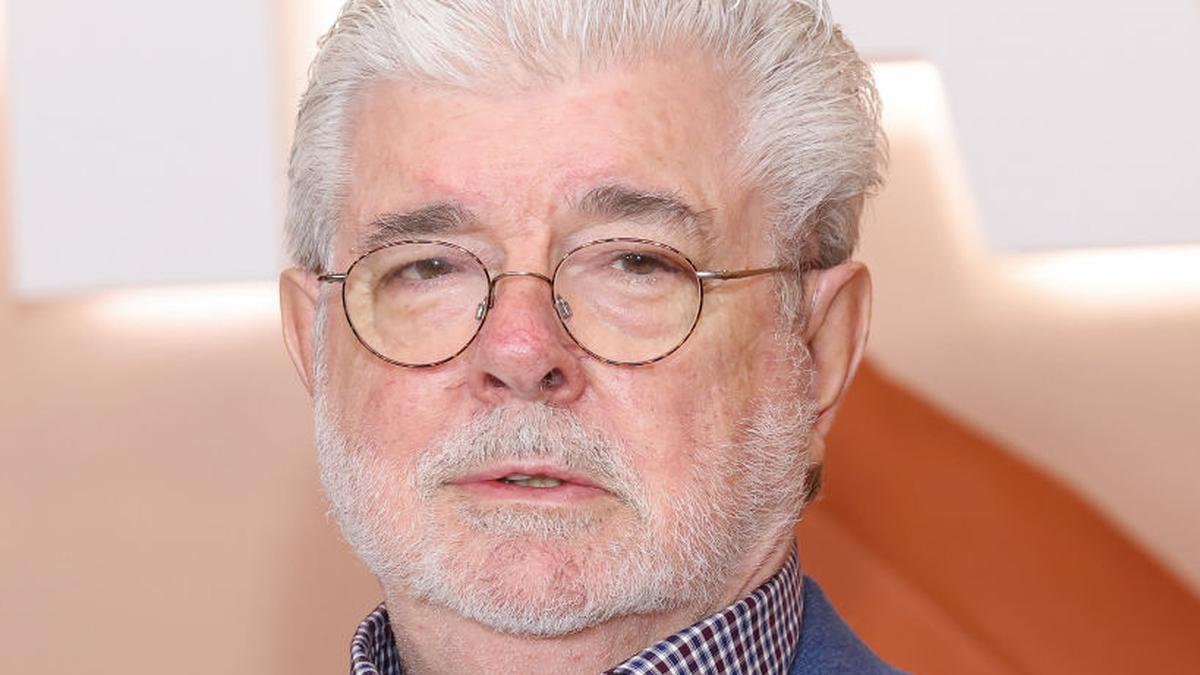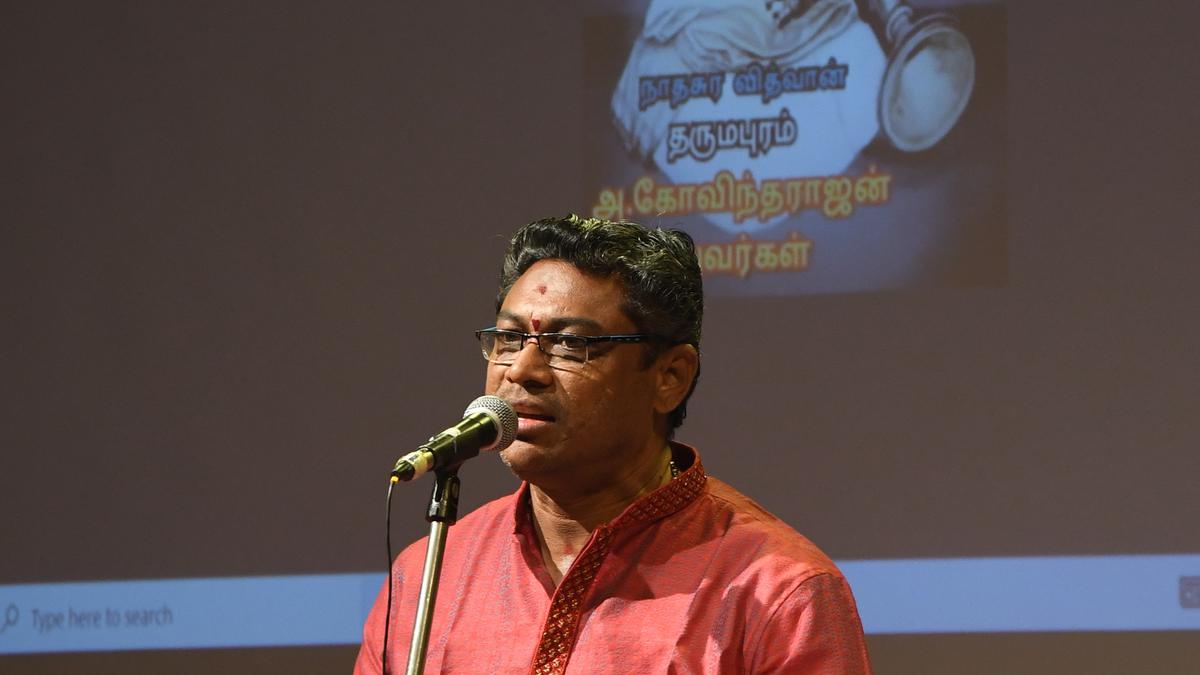Chennai-based Kosai Nagaraan Tholisai Karuviyagam, which has a collection of over 80 instruments, aims to bring back traditional Tamil instruments to the limelight
Chennai-based Kosai Nagaraan Tholisai Karuviyagam, which has a collection of over 80 instruments, aims to bring back traditional Tamil instruments to the limelight
Koyambedu, one of Chennai’s most vibrant localities, is well known for two places: the vegetable market and the bus terminus.
The din of buses and autorickshaws is deafening at this main road that connects Chennai to other major cities. At Koyambedu, everybody is in a hurry to get somewhere. Which is why the music emanating from Kosai Nagaraan Tholisai Karuviyagam grabs attention.
Tucked in an alley that houses many transport and courier shops, Kosai Nagaraan Tholisai Karuviyagam has been championing the cause of traditional Tamil instruments since 2010.
The thakkai, kudamuzha and kokkarai find pride of place here. “Our aim is to spread awareness about these wonderful Tamil instruments that have been around for many centuries,” says Civattiru S Sivakumar, the man behind the centre.
There are no glass vitrines at Kosai Nagaraan Tholisai Karuviyagam. Here, you can try your hand at thumping a pambai or blow into a kombu. “When you touch and play, you can feel the depth of the instrument.” With film director Mani Ratnam’s recent Ponniyin Selvan sparking off an interest in the Cholas and Tamil culture, this centre, currently home to more than 80 traditional instruments, is in the limelight.
Kosai Nagaraan promotes traditional musical instruments
| Photo Credit: Johan Sathyadas
Music for the soul
The seed of Kosai Nagaraan Tholisai Karuviyagam started in 2010 when Sivakumar, then working at the production unit of a leading car manufacturer, visited the Thyagaraja Swamy temple at Tiruvarur. “I remember that day vividly,” he says, wide eyed, “Somewhere, an instrument was being played, and I started dancing. I have never been associated with music till that day, and I didn’t know what prompted me to do that. When I pondered over it, I realised that the music from that instrument had made me move.”
He is referring to the udal, a percussion instrument played in Thanjavur and Karur, places he later visited to learn more about the music. One thing led to another, and Sivakumar was soon performing that instrument with a few others at events. “When we started out, not many people even knew about these instruments. We sourced some rare instruments from musicians’ homes in Chennai, and then went to Sankarankoil, Namakkal and Salem, enquiring about instruments there. Wherever there was music, we went there. If we were not able to get an instrument for our collection, we would take pictures or get the measurements and try making it, since we had the technology and manpower.”

Graphic: Albert Francis J
Today, he runs a 50-member troupe, consisting of IT professionals, tailors and school staff who are bound by their common interest in music.
The core group performs at social events, temple festivals and weddings; their most recent outing was at a Mariamman temple festival at Bangkok last week. “We’ve performed at 100 weddings thus far,” beams Sivakumar, “During these occasions, we also have a stall where we display information about the instruments and music. The feedback has been excellent, with many people becoming aware of our musically-rich roots.”
Along with a few trained musicians, he also takes classes for people interested in specific instruments. “Anyone can learn. All you need is a desire to learn,” says Sivakumar, who also trains people in conch-playing every Sunday morning at Ambattur’s Dunlop Grounds. He adds, “We’re also training many others in nooks and corners of the State to take up these instruments that the world has largely forgotten. In five years from now, you will see them being played in all villages of Tamil Nadu.”
This traditional instruments museum is located at 1025, Poonamallee High Road, (Near Chennai Gateway Hotel), Koyambedu, Chennai.






